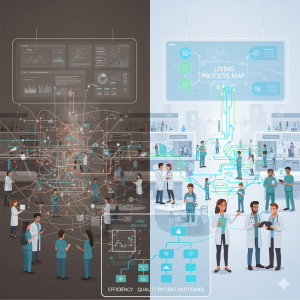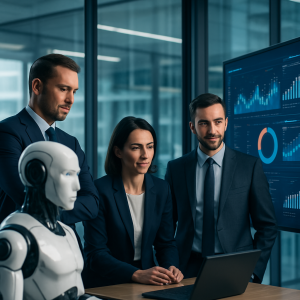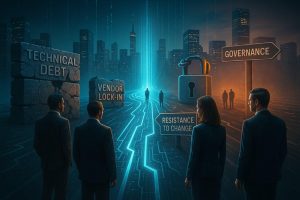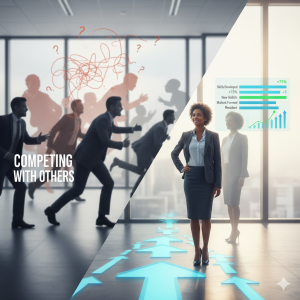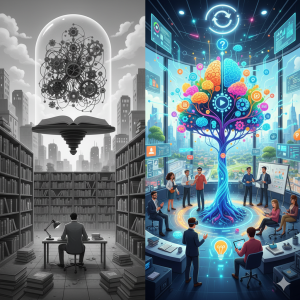
“Trying to predict the world even in five or 10 years’ time is almost impossible now. But what you can say with certainty is that it’s going to be very different.”
That observation from Demis Hassabis, the CEO of Google DeepMind (ABC News) perfectly captures the uncertainty of our current era. With technology moving at breakneck speed, the future is a moving target.
However, one thing is becoming painfully clear: your success will depend less on what you already know and much more on how quickly you can learn whatever comes next.
Why Mastery is a Trap
We used to believe in mastery. You went to school, you learned a trade or a profession, and you spent the next thirty years refining that specific set of skills. But static knowledge has a very short shelf life today. Industries and workflows are evolving too quickly for that old model to hold up.
Hassabis is right. In a world reshaped by automation and AI, the most important skill is not mastery of a specific tool. It is the ability to acquire new skills, adapt your mental models, and refine the actual process of how you take in information. This is what we call a meta-skill.
What Meta-Skills Actually Look Like
Developing these skills means moving beyond just “studying” and toward a more active way of thinking. It involves a few core shifts in perspective.
- Curiosity over Comfort: You have to stay curious enough to explore new ideas even when they feel threatening to your current expertise.
- Critical Thinking: You need the ability to evaluate information in real time, especially as we are flooded with more data than ever before.
- Resilience: You have to get comfortable with being a “beginner” over and over again. That is a hard pill for many established professionals to swallow.
Building a Culture of Constant Growth
If you are leading a team, your job is no longer just to manage their output. Your job is to foster an environment where learning is part of the daily routine.
- Make Learning a KPI: Start measuring and tracking the new skills your team is acquiring, not just the tasks they are completing.
- Flexible Frameworks: Provide different ways for people to grow. Some people learn through mentorship, others through experimental labs or micro-courses. There is no one-size-fits-all approach.
- Reward Curiosity: Celebrate the people who share knowledge or experiment with new ways of working, even if those experiments do not always lead to an immediate win.
- Lead by Example: Show your team your own learning process. Let them see that curiosity is an asset and that “not knowing everything” is the first step toward innovation.
The Reality of the Future Predicting the future might be impossible, but preparing for it is not. The winners of the next decade will not be the people who cling to what they already know. They will be the ones who invest in the meta-skill of learning how to learn. They will be the ones who can reinvent themselves as quickly as the world reinvents itself.
Knowledge expires. The ability to learn is the only thing that doesn’t.



